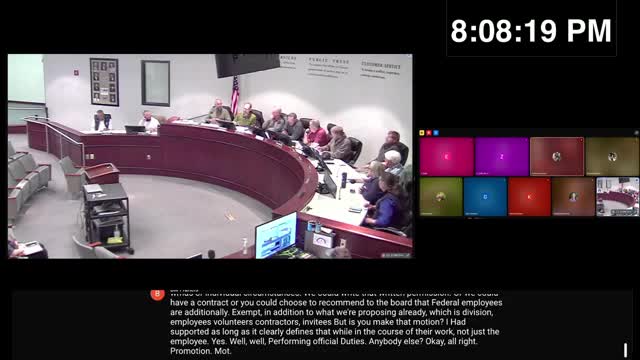Article not found
This article is no longer available. But don't worry—we've gathered other articles that discuss the same topic.
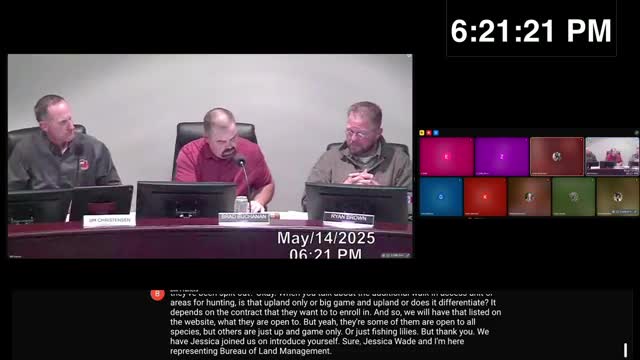
Northern RAC approves dedicated‑hunter rule amendments to allow limited "banking" of service hours
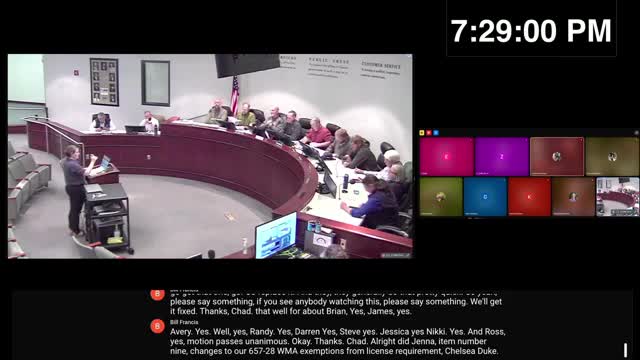
RAC adds federal employee exemption and supports WMA licensing rule implementing HB309; DWR emphasizes education and signage
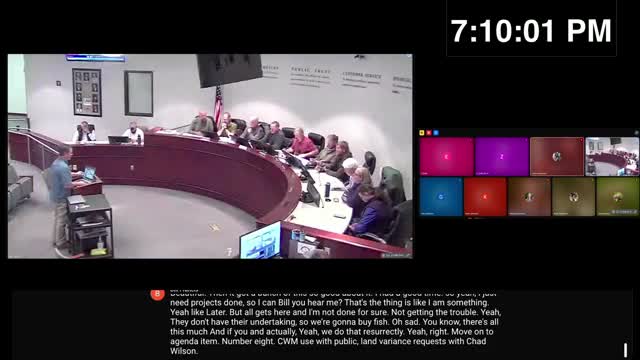
RAC backs four CWMU public‑land variance requests after biologist review and trade‑land negotiations
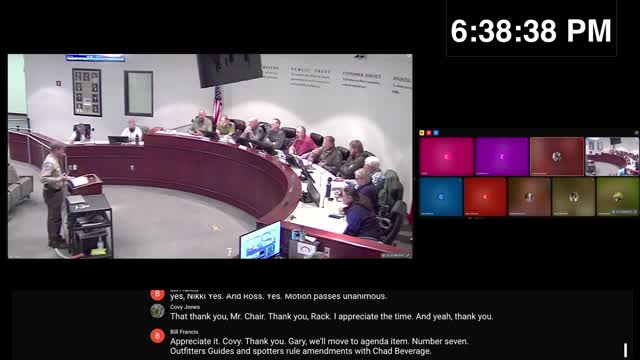
RAC approves changes to outfitters, guides and spotters rule; removes some insurance and federal‑permit application requirements
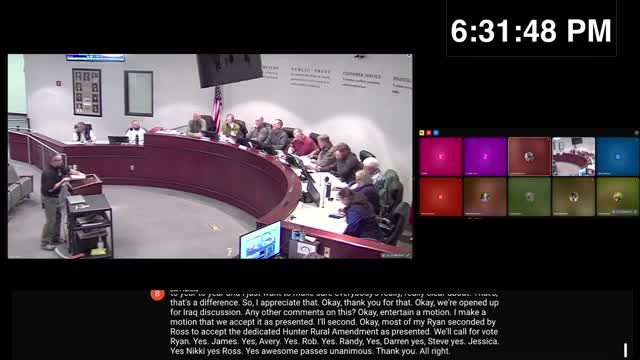
RAC endorses conservation‑permit rule changes aimed at greater flexibility for hunters
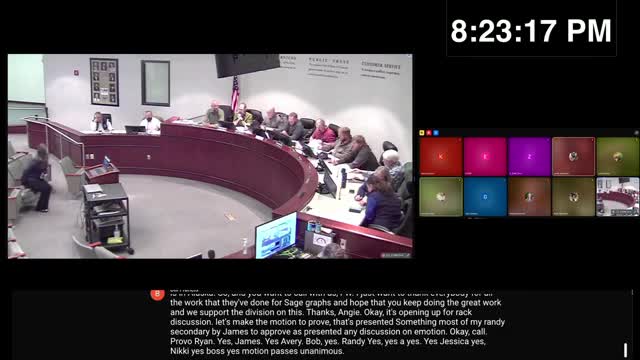
DWR clarifies testing and permitting for pen‑raised gamebird possession and release; random sampling to continue
